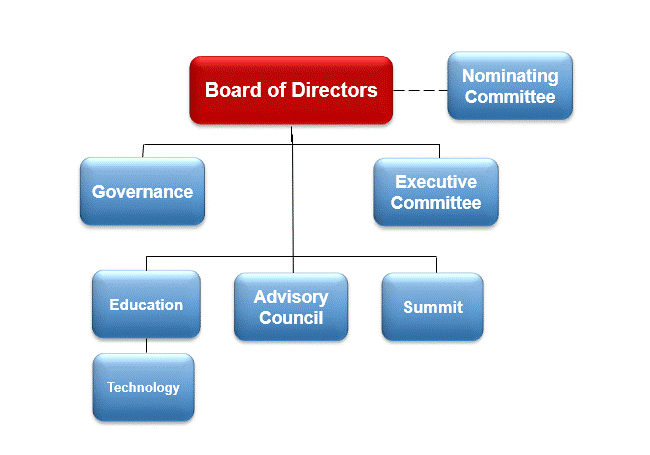
Term: 2 years
Board Structure:
Chairman - Inbound Operator (IO)
Vice Chairman - Inbound Operator
Past Chair - Inbound Operator
Secretary - IO / Sustaining
Treasurer - IO / Sustaining
Advisory Council Rep - Sustaining
Inbound Operator Director (4)
Supplier Director (1)
DMO Director (1)
At-Large Director (2) - Any category
Honorary – up to 3 Industry Leaders
Role & Responsibilities
- Mission and purpose. Establish, support and periodically review the mission to ensure it articulates IITA’s purpose for its primary constituents served.
- Ensure effective planning. Actively participate in an overall planning process; assist in implementing and monitoring the plan’s goals.
- Monitor and strengthen programs and services. Determine which programs are consistent with the mission and monitor their effectiveness.
- Support the chief executive. Ensure that the chief executive has the support needed to further the goals of the organization.
- Ensure adequate financial resources. Secure resources to fulfill the mission.
- Protect assets and provide financial oversight. Oversee the annual budget and ensure proper financial controls are in place.
- Build a competent board. Articulate prerequisites for candidates, orient new members, and periodically and comprehensively evaluate its own performance.
- Ensure legal and ethical integrity. Adhere to legal standards and ethical norms
- Serve as “IITA Ambassadors.” Promote IITA to members, prospects, partners and sponsors.
- Support the Cause. Contribute to fund-raising campaigns and secure donations from others to support the cause.


Legal Responsibilities
Duty of Care - Describes a board member’s duty to exercise reasonable care and a level of competence when making decisions for the organization.
Duty of Loyalty - Requires the board member to operate in the interest of the association and not to use the position to further personal agenda.
Duty of Obedience - Requires the board to work within state and federal laws and regulations that apply and adhere to the association’s governing documents (bylaws, policies). Obedience requires that the board not act outside the scope of the organization’s legal documents.
